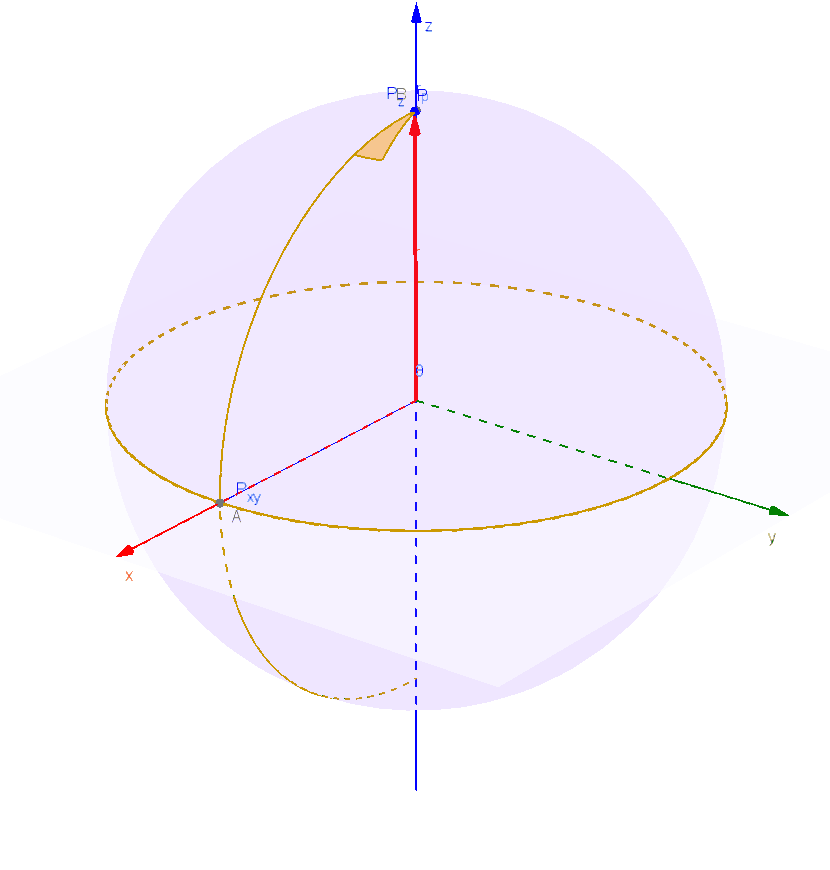Finite Mathematics - MATH101 (CBA)
This course introduces various topics including linear and quadratic equations, financial terms and applications, systems of linear equations, matrices, systems of linear inequalities, and the linear programming problem via graphical and simplex methods. Financial mathematics, counting techniques, permutations, combinations, and probability models are also covered.
Descriptive Geometry - MATH103
This course introduces basic concepts of geometry in three-dimensional space. Topics include Euclidean geometry, vector products, classification of lines, planes, projections, and geometric shapes such as spheres and cylinders.
Calculus I - MATH111 (ENG, CCIS)
This course covers differential calculus. Topics include limits, continuity, and derivatives of algebraic and transcendental functions of one variable. Students will develop a geometric insight into differentiation concepts and apply them to problem-solving and real-world applications.
Calculus II - MATH113 (ENG, CCIS)
This course covers anti-derivatives, definite and indefinite integrals, and the fundamental theorem of calculus. Applications include finding areas, volumes, and arc lengths. The course also covers sequences, infinite series, and convergence tests.
Business Calculus - MATH211 (CBA-FINANCE)
This course introduces basic concepts of differential and integral calculus. Topics include limits, continuity, differentiation, and integration of polynomial, rational, logarithmic, and exponential functions, with applications to business.
Engineering Mathematics - MATH215 (ENG)
This course covers advanced calculus topics such as functions of several variables, partial derivatives, double and triple integrals, and their applications. It also introduces linear algebra topics like vector spaces, eigenvalues, and eigenvectors.
Numerical Analysis - MATH221 (ENG-NETWORK, CCIS-ELECTIVE)
This course focuses on the use of computational algorithms to solve engineering problems. Students will develop skills in software packages such as Matlab, Maple, and Mathematica, which combine numerical computation, advanced graphics, and a high-level programming language.
Linear Algebra - MATH223 (CCIS-ELECTIVE)
This course covers linear algebra techniques including matrices, determinants, systems of linear equations, vector spaces, eigenvalues, and eigenvectors. It also explores linear transformations and their applications.
Differential Equations - MATH225 (ENG)
This course introduces ordinary differential equations. Topics include techniques for solving first-order differential equations, second-order linear equations, Laplace transforms, Fourier series, and their applications in science and engineering.
General Chemistry - CHM101 (ENG-MC)
This course provides foundational knowledge in chemistry. Topics include atomic theory, stoichiometry, gas laws, thermochemistry, chemical bonding, and an introduction to organic chemistry.
Introduction To Physical Science - SCI101 (CCIS, CBA)
This introductory course covers fundamental concepts in physics and chemistry. Topics include motion, energy, momentum, fluids, heat, waves, and atomic interactions, emphasizing scientific methods and problem-solving.
Physics I - PHY105 (ENG, CCIS)
This course introduces mechanics, energy, and heat. Topics include motion, Newton's laws, work, potential energy, conservation of energy, rotational kinematics, and heat transfer.
Physics II - PHY205 (ENG, CCIS)
This course covers electricity, magnetism, and optics. Topics include electric fields, Gauss’s law, capacitors, magnetic fields, electromagnetic induction, and alternating current circuits.
Introduction To Statistics And Probability Theory - STAT101 (ENG, CCIS, CBA)
This course introduces basic statistical concepts, including descriptive statistics, probability theory, and probability distributions. Students will use Excel and other tools to analyze real-world problems.
Statistical Analysis - STAT271 (CBA)
This course covers intermediate statistics for business students. Topics include estimation, hypothesis testing, regression analysis, and ANOVA. Statistical software is used to perform data analysis and interpretation for decision-making purposes.
Applied Statistics - STAT272 (ENG)
This course teaches statistical techniques for solving engineering problems. Topics include data collection, hypothesis testing, regression analysis, and ANOVA. Students will use statistical software such as R for data analysis.

